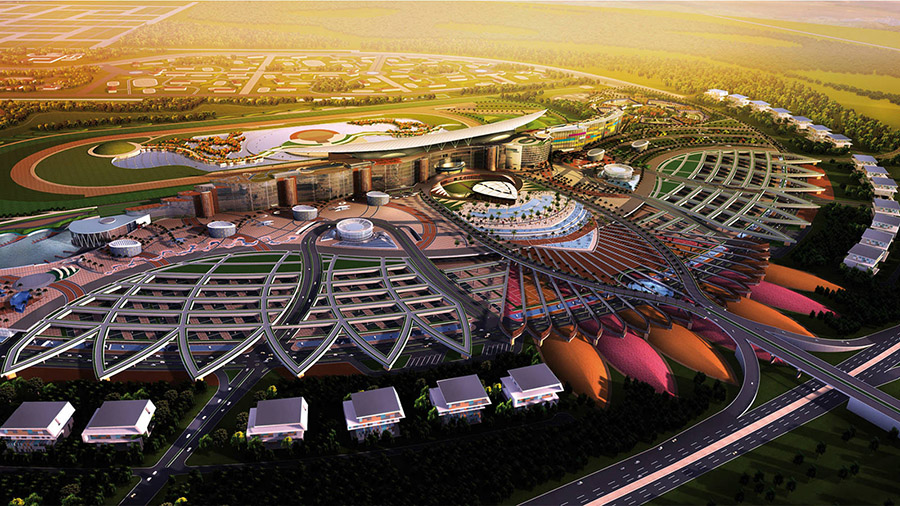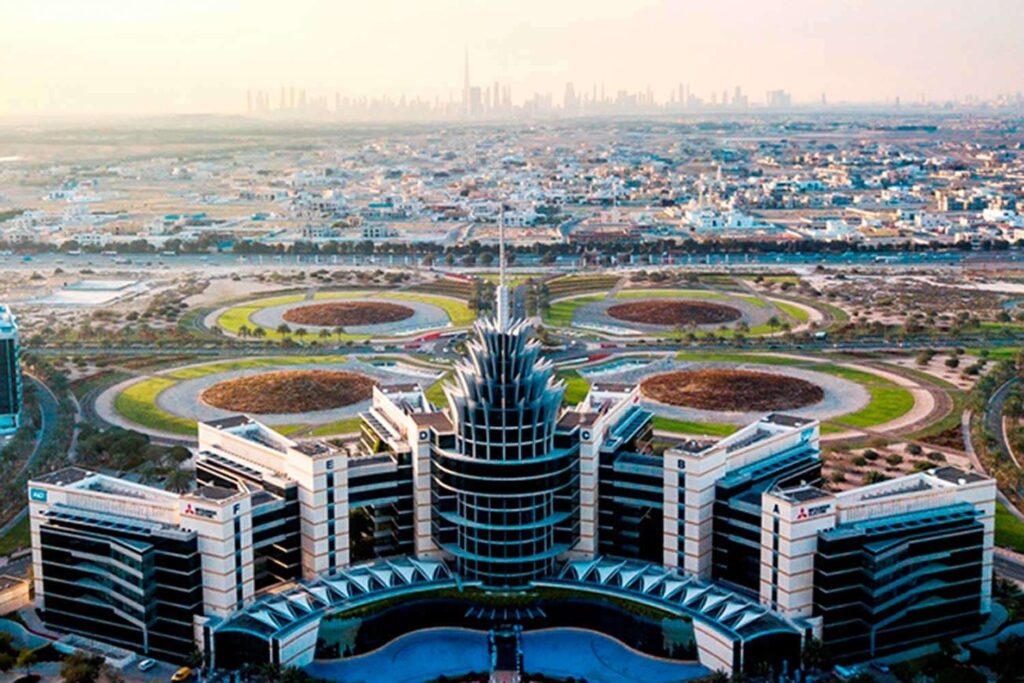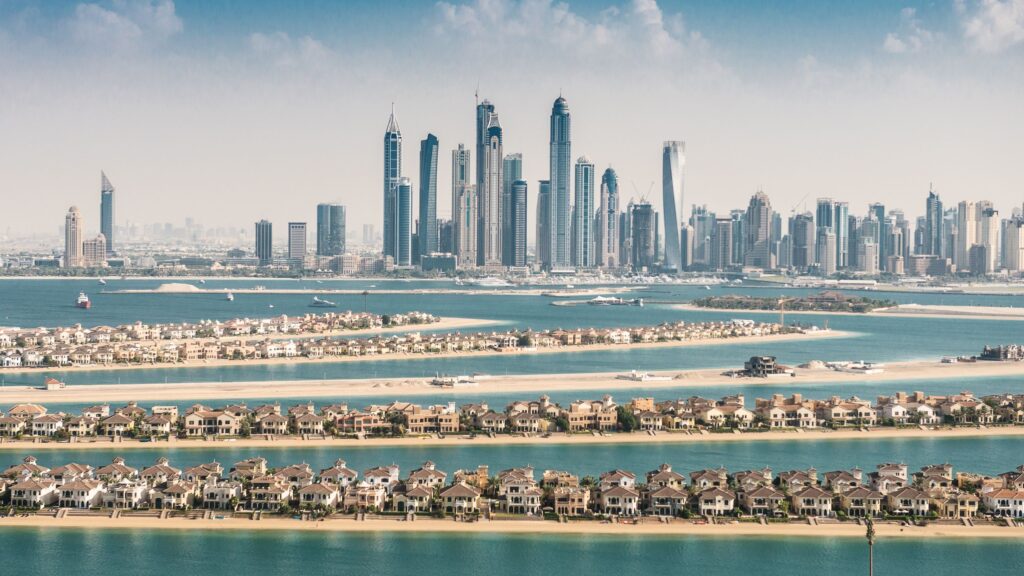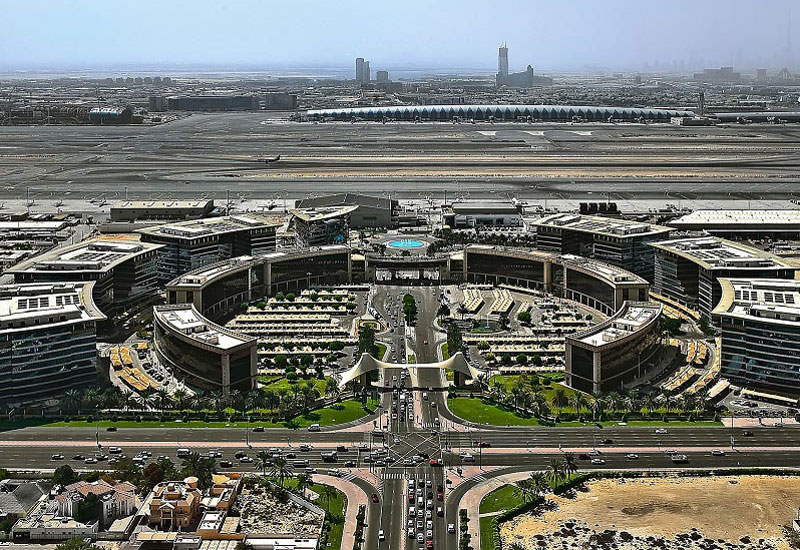Starting a business in the UAE is one of the most exciting moves an entrepreneur can make. With no personal income tax, a strong economy, and world-class infrastructure, the country — especially Dubai — has become a global hub for startups and business owners.
One of the most common routes for setting up a company in the UAE is through a free zone license. But there’s one question that always pops up:
“If I get a free zone license, do I automatically get a visa?”
The short answer is: not always. Let’s break it down.

What Is a Free Zone License?
A free zone license is a type of business license issued by a UAE free zone authority. These zones are special economic areas offering incentives like:
- 100% foreign ownership
- Tax-free income
- Full profit repatriation
- Fast company setup processes
- No customs duties (in certain cases)
Each free zone is like its own mini ecosystem with different rules, authorities, and focus sectors — from tech to media to logistics to consultancy.
License ≠ Visa (Unless You Add It)
This is where things often get misunderstood.
When you purchase a free zone license, you are registering a business, not getting personal residency rights.
There are two types of licenses:
- With visa allocation
- Without visa allocation (aka “zero visa license”)
If you choose a license without visa allocation, then you do not get any UAE residency visa attached to your company — not for yourself or for any employees.
If you choose a license with visa allocation, then you’ll get the option to apply for a UAE residency visa for yourself (the owner) and potentially others (partners or staff), depending on how many visa slots the license includes.

So, When Do You Actually Need a Visa?
Here are a few situations where having a UAE residency visa becomes important:
1. You want to live in the UAE full-time
Pretty straightforward — you’ll need a residency visa.
2. You want to open a UAE personal bank account
Most banks require you to hold a valid UAE residency visa to open a personal account. Corporate accounts also often require the owner to be a UAE resident.
3. You want to lease long-term property or utilities
For things like annual apartment rentals, phone plans, and utility setups, a residency visa is usually required.
4. You want to become a tax resident
If you’re moving to the UAE to establish tax residency, then you’ll need:
- A residency visa
- A valid Emirates ID
- Proof of spending at least 90+ days in the UAE (for a Tax Residency Certificate)
5. You want to sponsor dependents
You can’t sponsor your spouse, children, or household staff unless you hold a valid visa yourself.
When Might You Not Need a Visa?
There are some scenarios where business owners choose not to get a visa along with their free zone license:
1. You’re setting up a holding company
If you’re only using the business to hold assets (like intellectual property or investments), you may not need to be physically present in the UAE or have a visa.
2. You live elsewhere and manage the business remotely
Some digital entrepreneurs or investors set up UAE companies for tax optimization or access to banking services but continue living in their home country.
Note: Without a visa, you may face restrictions in opening personal UAE bank accounts, renting property, or showing proof of UAE residency.

How Many Visas Can You Get With a Free Zone License?
That depends on:
- The free zone you choose
- The office space or flexi-desk package you purchase
Some free zones allow 1–2 visas with a virtual office setup, while others may require you to rent a physical office to apply for more than 3 or 4 visas.
Typical allocations:
- Zero visa license – Cheaper, but no residency visa options.
- 1–2 visas – With a flexi-desk or smart office.
- 3–6+ visas – With physical office or warehouse space.
Always ask the free zone about visa eligibility and limits before purchasing the license.
How Much Does It Cost to Add a Visa?
Visa costs include more than just the sticker price. Here’s a rough breakdown:
| Component | Cost (AED) |
|---|---|
| Establishment Card | 500 – 2,000 |
| Visa application (per person) | 3,500 – 7,000+ |
| Emirates ID | 370 – 1,070 |
| Medical test | 300 – 750 |
| Visa stamping & processing | 1,000 – 2,500 |
Total: Around AED 6,000 – 10,000 per person, depending on the free zone and service provider.
Can You Upgrade a Zero Visa License Later?
Yes, in most cases. If you start with a zero visa license and later decide to get a visa, you can:
- Upgrade to a license with visa allocation
- Pay the additional fees for office space or flexi-desk
- Apply for your visa through the free zone
Just keep in mind that not all upgrades are instant — it depends on the zone’s policies and your company’s eligibility.

Summary – What You Need to Know
| Question | Answer |
|---|---|
| Does a free zone license come with a visa? | Not automatically — depends on the type of license. |
| Can I live in the UAE without a visa? | No — you need a residency visa to legally reside here. |
| Can I open a bank account without a visa? | Personal accounts? No. Corporate accounts? Maybe. |
| Can I get a license without living in the UAE? | Yes, but with limitations (no visa, no personal banking). |
| Can I add a visa later? | Usually yes — but check with your free zone first. |
Final Thoughts
Getting a free zone license in the UAE is one of the smartest decisions you can make if you’re looking to expand globally, enjoy zero income tax, and access world-class infrastructure.
But don’t assume that a business license automatically grants you a visa.
Always clarify:
- What kind of license you’re getting
- Whether it comes with visa allocation
- What your long-term goals are (tax residency, living in the UAE, etc.)
If you’re not sure where to start, it’s worth speaking with a professional who can guide you on which free zone fits your needs, whether you need a visa, and how to structure everything properly.
Have more questions about UAE free zone companies and visas?
Drop them in the comments or check out this link!

